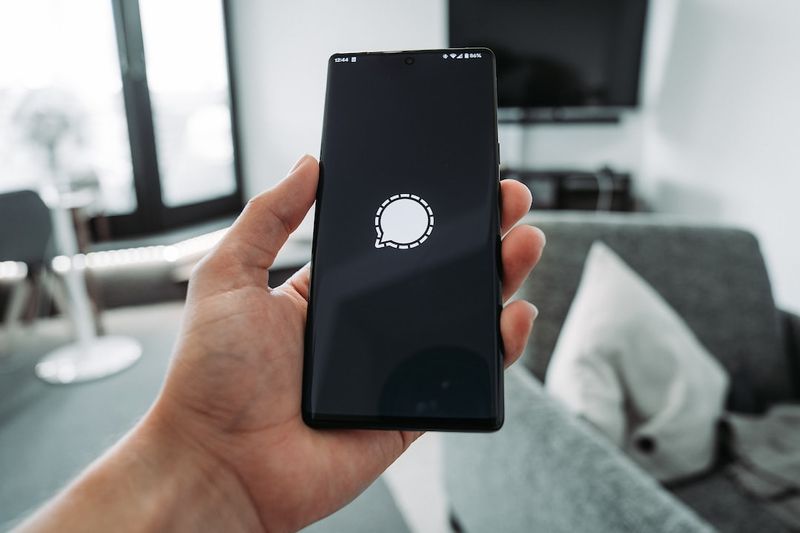Russian Government Accuses Apple of Colluding with NSA in iPhone Spy Operation
The Russian government has accused Apple of working with the U.S. National Security Agency (NSA) to compromise thousands of iPhones in an operation that shows “cooperation” between Apple and the NSA. According to the Russian Ministry of Foreign Affairs, several thousand phones were infected, including those belonging to domestic Russian users, diplomats, and foreign embassies in Moscow. The Russian Federal Security Service claims to have uncovered “anomalies…specific only to users of Apple mobile phones and are caused by the operation of previously unknown malicious software (VPO) that uses software vulnerabilities provided by the manufacturer.”
Cooperation Between Apple and NSA
The statement from the Russian authorities claims that the operation “testifies to the close cooperation of the American company Apple with the national intelligence community, in particular the US NSA, and confirms that the declared policy of ensuring the confidentiality of personal data of users of Apple devices is not true.”
Kaspersky Researchers Discover Zero-Click iMessage Exploit
Additionally, a group of researchers from Kaspersky, the Russian-founded cybersecurity company, published research that discusses an “ongoing” zero-click iMessage exploit in the iPhone iOS. The researchers discovered what they call “Operation Triangulation” while analyzing network traffic for its corporate Wi-Fi network. Attackers can run code on phones with root privileges, implement a set of commands to collect system and user information, and run arbitrary code.
The Political Puzzle
Oleg Shakirov, a Moscow-based PIR Center consultant, said, “The political piece of this puzzle is the most interesting.” While Kaspersky is unlikely to formally attribute the attack, Shakirov notes that the Russian authorities could use this as justification for imposing restrictions on the use of iPhones and other U.S. products.
Editorial: Internet Security and Government Accusations</h3>
This story is alarming on many fronts. Accusations of collusion between private companies and intelligence agencies are not new, but this is the first time that Apple has been accused by the Russian government of colluding with the NSA in a global surveillance operation. What is even more concerning is that individuals, including those in sensitive positions, appear to be using iPhones to conduct official business, despite the March ban on the use of iPhones for government officials.
This story highlights the need for everyone to be vigilant about internet security, especially as it relates to our personal devices and data. We should all be aware of the potential vulnerabilities and threats to our digital security, and take adequate measures to protect ourselves.
Advice: Protecting Your Digital Security
Individuals can take steps to secure their personal devices and data from cyber threats. These steps include:
- Updating the device’s software regularly to address any known vulnerabilities
- Using strong passwords and two-factor authentication to protect access to accounts
- Encrypting sensitive data to protect it from prying eyes
- Being cautious about opening or downloading attachments or links from unknown sources
- Installing reputable security software on the device to guard against malware and vulnerabilities
It’s important to stay informed and take action to protect digital security. Cyber threats are becoming more advanced and sophisticated, and individuals and organizations must take steps to protect themselves against data breaches, financial loss, and other adverse consequences.

<< photo by Mika Baumeister >>
You might want to read !
- The Rise of BrutePrint: How Biometric Bypass Threatens Fingerprint Security
- Exploring the Rise of macOS Malware: The Top Six Threats You Need to Know
- Exploring the Risks of Faronics Education Software: Critical Vulnerabilities Uncovered
- The Benefits and Risks of the New EU eID Scheme for Online Public Services
- The Impact of Data on Dark Web Drug Trade
- Exploring the Security Implications of the Google CloudSQL Service Vulnerability
- Pegasus spyware used to hack Armenian citizens during conflict: Report
- Israel Post Impersonated in Ongoing Phishing Campaign Dropping RATs
- Amazon’s Ring Reaches Settlement for Alleged Spying on Customers
- Experts lend credence to Iranian dissidents’ allegation of presidential hack
- Backdoor Feature Found in Hundreds of Gigabyte Motherboards, Warns Cybersecurity Experts




